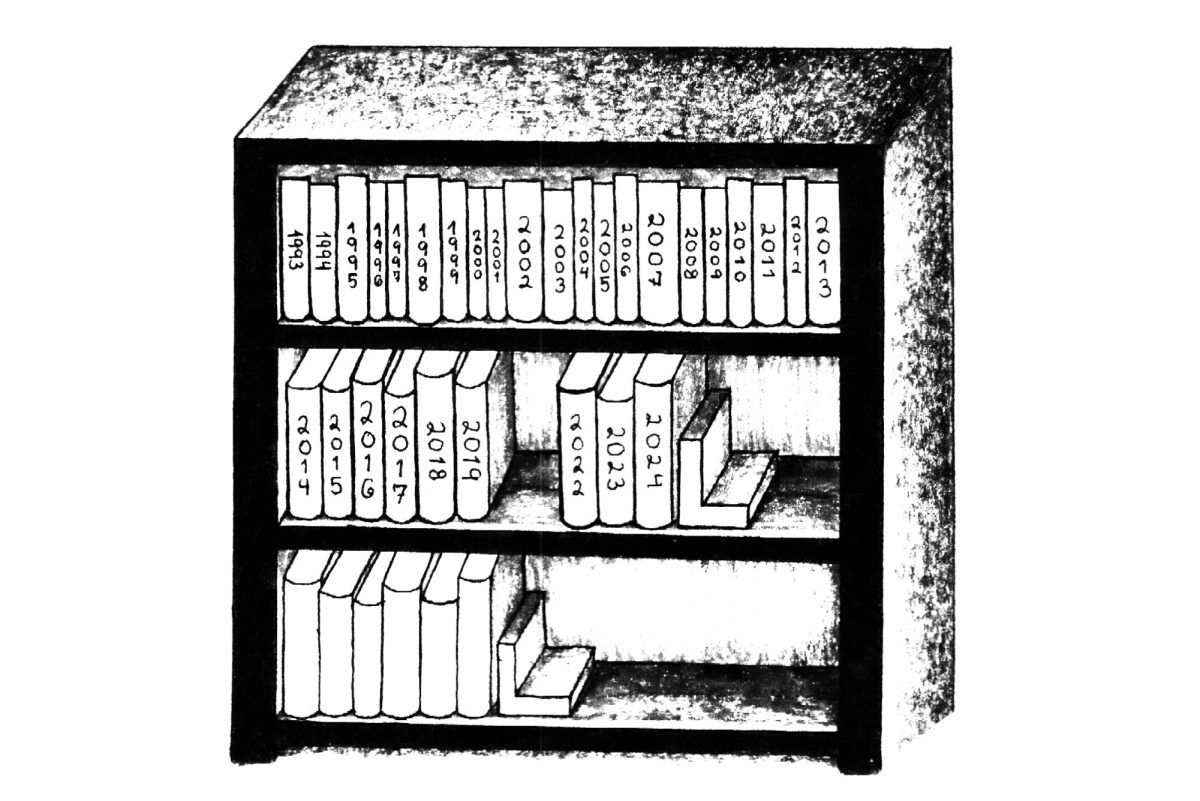No one wants to think about March 2020.
That month, we were all socially distancing, wearing masks and wiping down our groceries. It was the first month when the world shut down, the beginning of the millions of deaths from the COVID-19 pandemic, school and business closures, employment declines and social isolation. The whole period was, in a word, dire. It’s fair to not want to reflect back on that time.
But maybe we should. The tribulations of everything that happened five years ago are easy to block out, but by doing that we just keep ourselves and our society in the stasis of summer 2020. Those first six months of the pandemic, when it seemed like the whole world was falling apart, also brought small wins on issues where the country is currently flailing, like widespread activism and a focus on mental health. Five years out, if we want to move on from the pandemic and take any good away from the time, we have to talk about all the lows.
If we look back at our staff editorials from this semester alone, COVID-19 fanned the flame of so many of the issues that have emerged as the most pressing within our community. The pandemic drove us apart and made us lonelier. Isolation drove us online and away from the real world, polarizing how we talk about politics. Distrust in government, particularly scrutiny of our health institutions whose handling of the pandemic have faced increasing questions, soared. Months of classes over Zoom hurt student learning and attention spans, particularly among those just entering school, and now generative artificial intelligence dominates our classrooms.
Thinking we can solve any problem without acknowledging what caused it isn’t realistic. If we want to take on the most pressing worries in our society, we need to start reflecting on everything that happened five years ago when the pandemic started, even though we might have blocked out the hardships of that time.
Take our editorial board meeting this past week. As we all talked about the pandemic, repressed memories from early 2020 started to resurface. We hadn’t wanted to remember those bitter and almost hard-to-believe moments, like standing outside a COVID-19 testing site, 6 feet apart, waiting to get a swab up our nose.
Reflecting on all that happened in the first months of 2020 helped us see some connections between then and now, highlighting how the pandemic drove so many of our present concerns. But it also let us see the rare bright spots from that period. Protesters nationwide took to the streets to decry cases of police brutality and demand reform to our law enforcement systems. We explored new forms of learning and working — taking classes outside and adapting to working from home. And we set a precedent to prioritize self-care and mental health during our countless hours alone with ourselves — a trend that has carried over to discourse and policies today.
But life goes on, and the lessons that once served as the bedrock of our daily routines are washed over by political and societal shifts. For example, D.C. has uprooted its Black Lives Matter plaza in response to funding threats from Trump, our classes and workdays have returned to in-person formats and mental health conversations still tend to fall through the cracks. But remembering the realities of our days masked and socially distanced is crucial to understanding how we got to where we are now.
Memories from five years ago might not totally count as “history,” but the classic saying still applies: Those who forget history are doomed to repeat it. If we forget everything that happened when the COVID-19 pandemic started, we can’t fix the issues that arose from the time or benefit from any of the era’s good.
The editorial board consists of Hatchet staff members and operates separately from the newsroom. This week’s staff editorial was written by Opinions Editor Andrea Mendoza-Melchor, based on discussions with Contributing Culture Editor Caitlin Kitson, Research Assistant Carly Cavanaugh, Copy Editor Lindsay Larson, Culture Editor Nick Perkins and Sports Columnist Sydney Heise.


